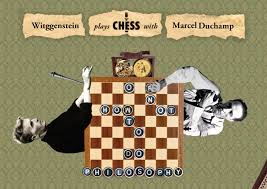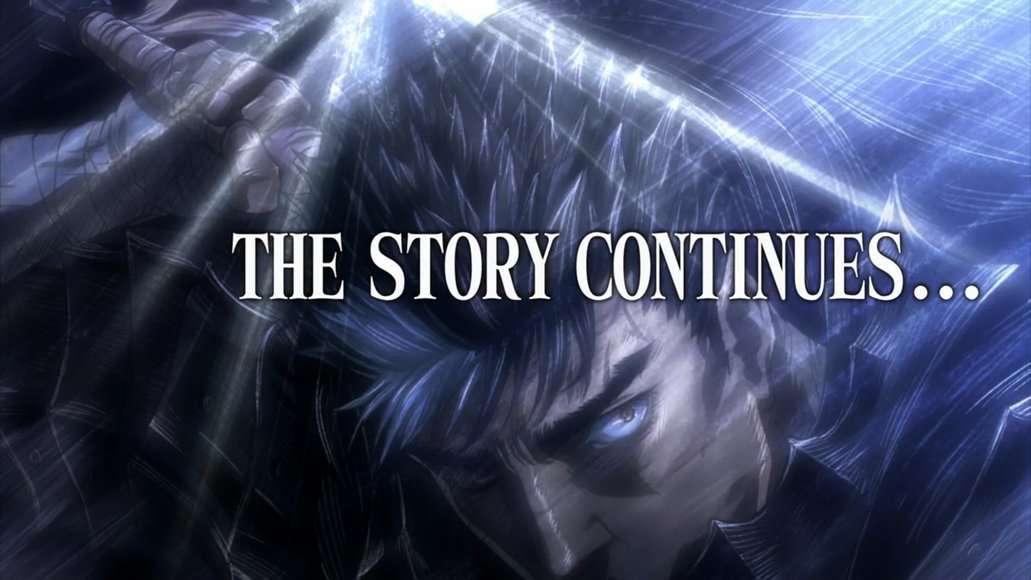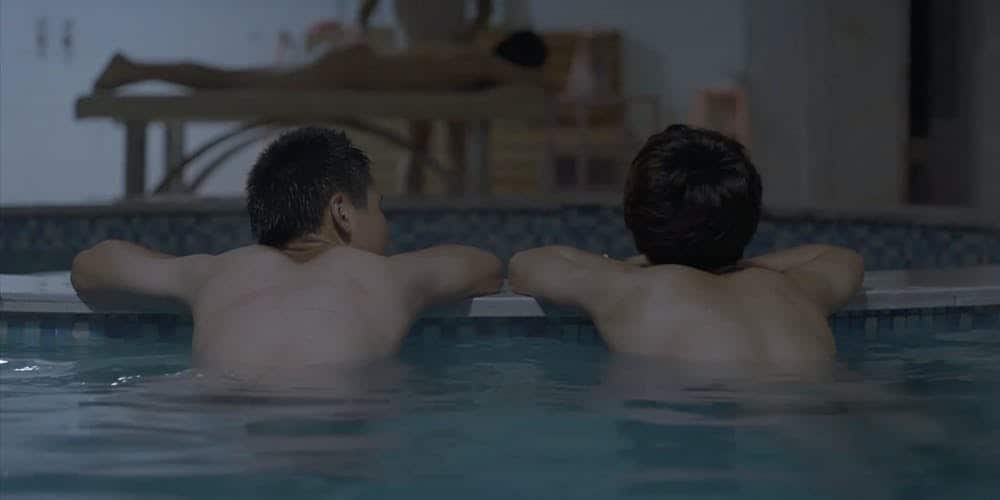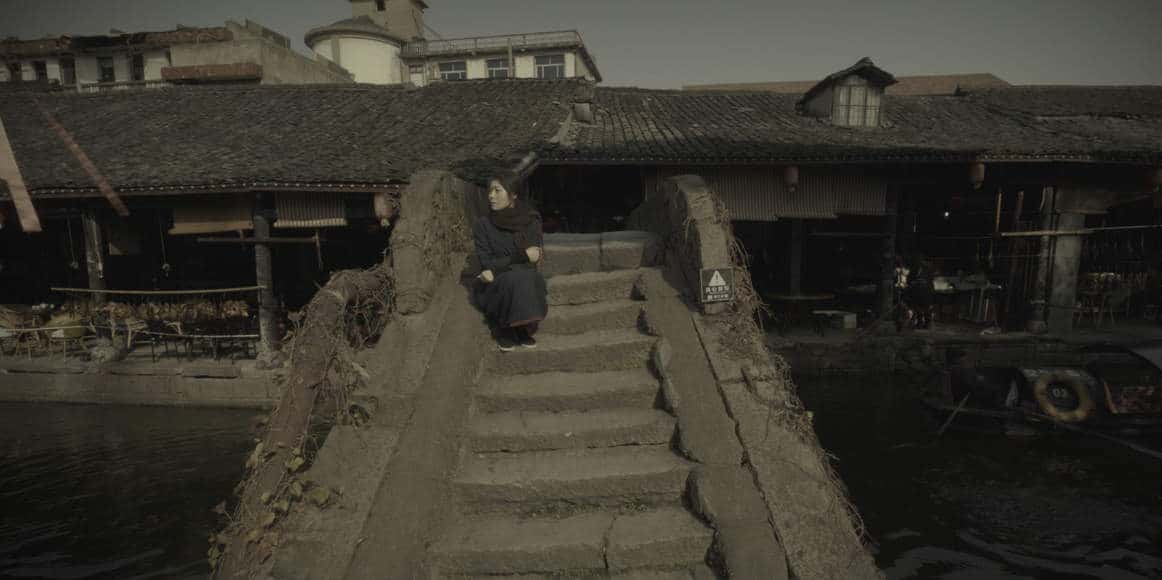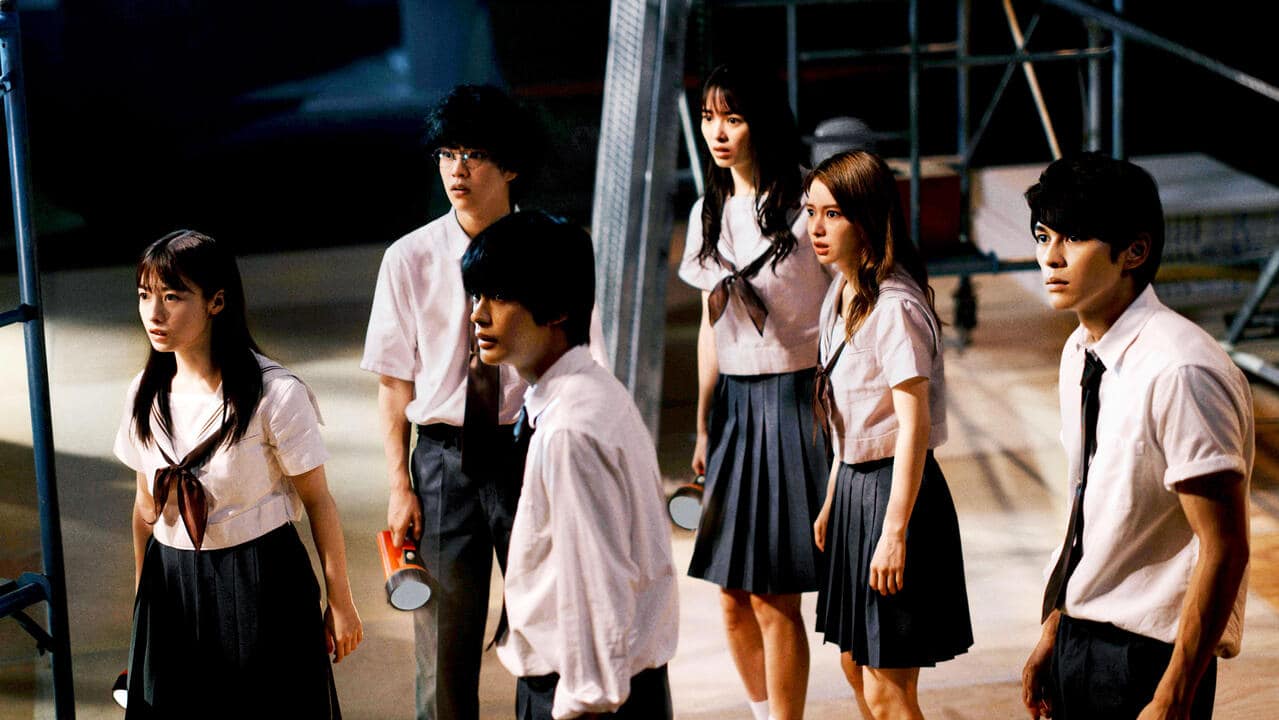Although it has been around for many centuries and was one of the highest arts of ancient Greek scholars, in recent years disciplines such as philosophy have come under attack due to their use for the modern man, or for that matter, the students of today. In his provoking essay “The Usefulness of the Useless” the author Nuccio Ordine, a professor for literature at the University of Calabria, states that especially today it has become increasingly challenging for some to understand the use of a poem, a piece of art, or for that matter, a philosophical argument when compared to the practicality of tools. However, while the point certainly has some value, the “usefulness” (for lack of a better word) in philosophy lies much deeper and cannot be defined directly, since most authors and scholars of the field go into much detail, analyzing hidden meanings and layers below the surface, which at times might have been there already, but thus far have gone unnoticed or have been ignored completely.
“Wittgenstein Plays Chess With Marcel Duchamp, Or How Not to Do Philosophy” is streaming on MUBI
Arguing the use of philosophy is in many ways to argue against a discipline which asks us not just to think about issues, but delve deep and be more confident when it comes to uncover what is perhaps too obvious to see. When Indian filmmaker Amit Dutta came upon an essay by US philosopher and professor Steven B. Gerrard tackling the study of philosophy from the viewpoint of a game of chess between Austrian-British philosopher Ludwig Wittgenstein and French-American artist Marcel Duchamp, who among other things invented the art of the “readymades”, the idea immediately sparked his interest. Dutta, also a passionate chess player who has been collecting books about the game, decided to make a feature about the points raised in Gerrard's essay, resulting in “Wittgenstein Plays Chess With Marcel Duchamp, Or How Not to Do Philosophy”, an animated, experimental film which not only explores the background of the two famous chess players and their ideas, but also – as the title suggests – the core purpose of philosophy and art.

In the roughly 17 minutes of the short, which premiered on MUBI in 2020, viewers familiar with Dutta's approach to the medium will certainly recognize some familiar aspects. The director, whose passion for philosophy, literature and, most importantly, the art of discourse (with the subject of his features as well as the audience) has been a cornerstone of his body of work, documents the concepts of Wittgenstein and Duchamp by introducing their main works, the Blue and the Brown Book on the one hand, and the principles of the “readymade” on the other hand, but at the same time the fields in which these ideas correlate to or complement each other. In this context, the artistic animation by Dutta's wife Ayswarya Sankaranarayanan Dutta in combination with Chris Zabriskie's and Kevin MacLeod's music highlight the links of each segment which introduces a new layer or thought to the feature to the overall context of the feature.
Most importantly, Dutta (as well as Gerrard) use the metaphor of the chess game as a smart and beautiful means to emphasize the power of philosophy and art. The opening quotation by Wittgenstein explaining how his field of study deals with the understanding of a problem that is in plain sight is applied to a move in chess, which could easily lead to one opponent losing the game because of being tempted to fall into a quite obvious trap. Similar to the “readymades”, the surface suggests the mundane and familiar, making it easy to identify an object, but the hidden truth or layer quickly diverts from this understanding, or is in fact the “trap” to go back to the chess problem at hand. In a way, art and philosophy can be about avoiding this trap, this mistake or temptation, and observing more closely what may be hidden under the familiar surface.
In the end, “Wittgenstein Plays Chess With Marcel Duchamp, Or How Not to Do Philosophy” is a very artistic and thought-provoking short feature by Amit Dutta. Besides showing his passion for chess, art and philosophy, it above all emphasizes the joy and indeed “usefulness” of discourse, no matter in what field.


